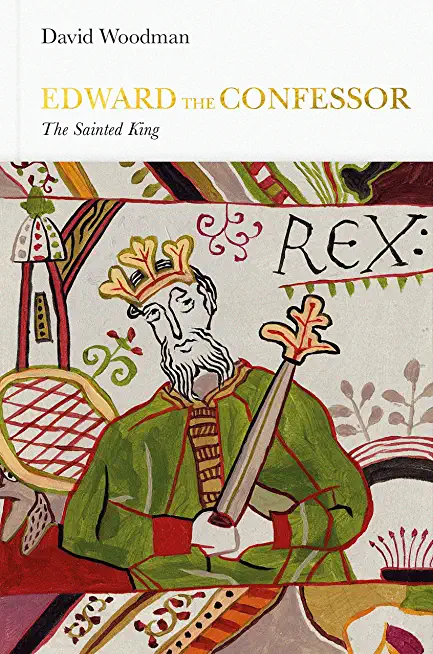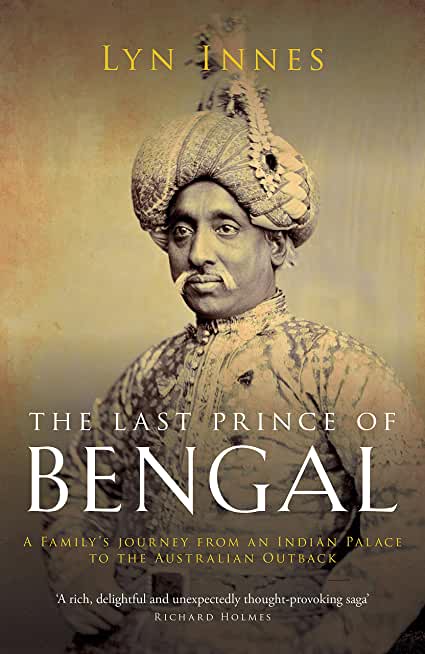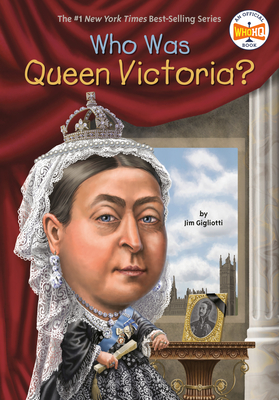
Edward the Confessor, one of the last kings of Anglo-Saxon England, is in part a figure of myths created in the later medieval period. David Woodman traces the course of his 24-year-long reign through the lens of contemporary sources, from the Anglo-Saxon Chronicle and the Vita dwardi Regis to the Bayeux Tapestry, to uncover the fraught and complex politics of his life. Edward was a shrewd politician who, having endured a long period of exile from England in his youth, ascended the throne in 1042 and came to control a highly sophisticated administration. Such was his power in the mid-eleventh century that the late Anglo-Saxon coinage from his reign is the only example in western Europe of a royal monopoly across such a large area.
What we know as 'England' had only relatively recently come into being and Woodman constructs a portrait of an age by untangling the truth from the saintly legend and shows how the events of Edward's reign led, through many twists and turns, to the Norman Conquest.







